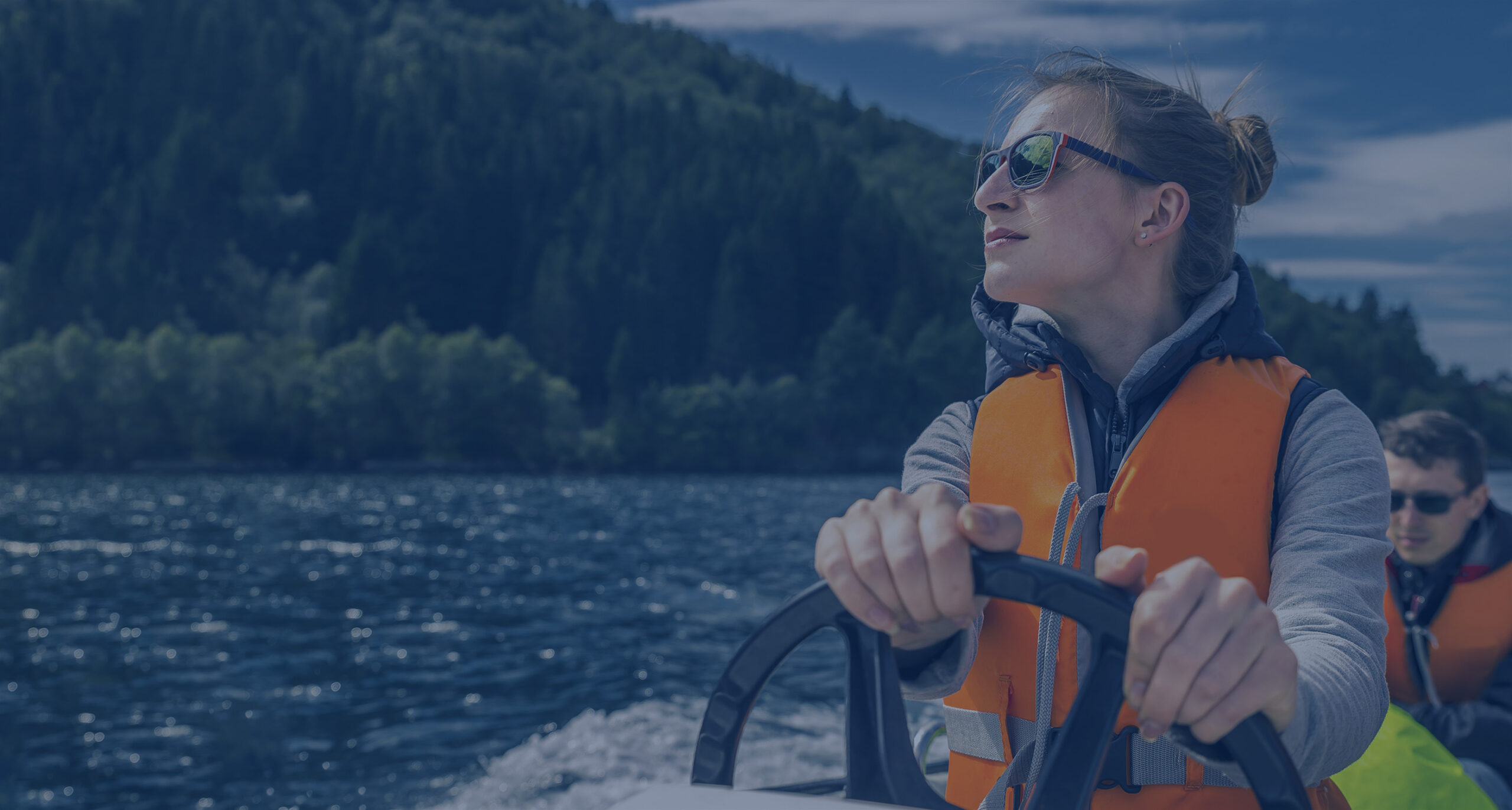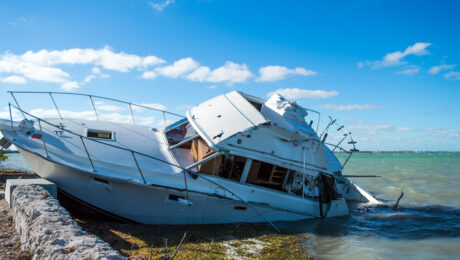Boating is a popular recreational activity. From sailing to powerboating to a relaxing fishing trip, getting on a boat is a great way to spend leisure time. Unfortunately, boating can also be dangerous. Stay safer while enjoying the water by knowing what the risks are, how to prevent them, and how to react in dangerous situations.
The Dangers of Boating
While most trips out on a boat are low risk and safe, accidents happen, and the results range from minor injuries to fatalities. There were more than 4,000 recreational boating accidents in the U.S. in 2022. Of these accidents, 636 involved fatalities.
The number one contributing factor in boating fatalities is alcohol. Drowning is the primary cause of death in boating incidents. Other causes of accident include inattention by the boat’s operator, excessive speed, and mechanical failures.
Prepare for Safe Boating
Boating safety begins well before you actually get on the water in a boat. Good preparation is one of the best things you can do to prevent accidents or lessen the impact of boating incidents:
- Take a Boat Safety Course. Many boat operators involved in accidents never took a safety course. Even if you have been boating for years, you can learn a lot from a good safety class. Look for programs recommended by the U.S. Coast Guard or your state government.
- Know the Weather. Always check the weather forecast before going out on a boat. Sunny, mild weather can turn quickly. Check your local weather forecasts and the National Weather Service for any alerts.
- Maintain Your Vessel. Keep your boat well maintained to minimize the risk of mechanical failures or other incidents that can cause accidents and injuries.
- Check Equipment. Check your safety equipment before every single boating trip. Be sure you have adequate and functional flotation devices, communication instruments, distress signals, fire extinguishers, and first aid kits. Always have water and food on hand.
Safety While Boating
Good preparation goes a long way toward preventing accidents and minimizing the risk of injuries and fatalities on the water. Also important are your actions and reactions while on the water. This starts with being a safe and courteous operator. Follow the local laws and general maritime regulations for operating a vessel and be courteous of other vessels.
Never drink alcohol while operating a vessel. Intoxication while operating a boat is illegal and extremely dangerous. It’s best if everyone avoids alcohol or only consumes within moderation while on a boat.
Even if you are a strong swimmer, wear a personal flotation device at all times when on the water. You could encounter rough waters or be struck on the head while falling overboard. The laws in all states require that children where life preservers at all times.
Keep an eye on the weather while boating because it can change rapidly. Make smart decisions based on the forecast, even if a choice to come in is unpopular. Know what to do in a storm that takes you by surprise: get everyone on the boat and wearing a life jacket, disconnect electrical equipment, and stay in the center of the boat.
Recreational boating is an enjoyable pastime, but only if everyone stays safe. Know the laws, prepare for a safe trip, and make smart decisions while out on the water to have a fun, safe experience every time. If someone else’s negligence causes you to become injured while boating, contact a maritime injury lawyer to learn what you can do about it.
Credit - https://www.maritimeinjurycenter.com/accidents-and-injuries/boating-safety-101/
www.maritimeinjurycenter.com


